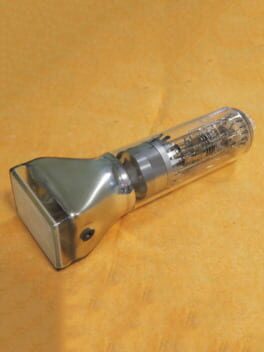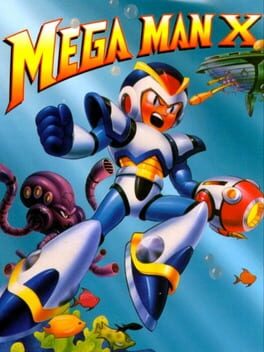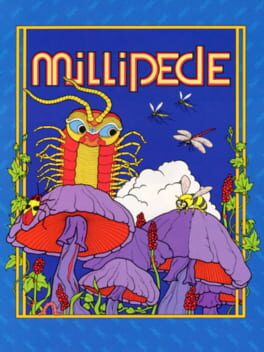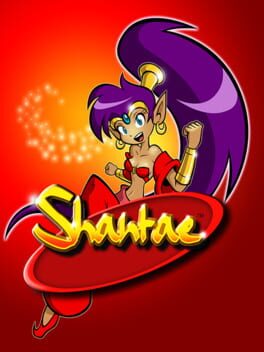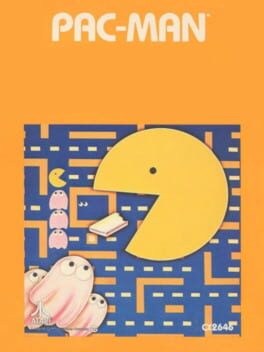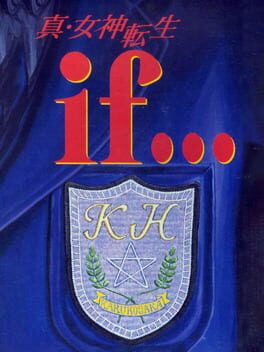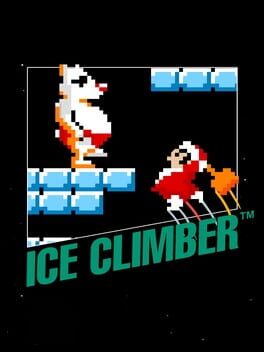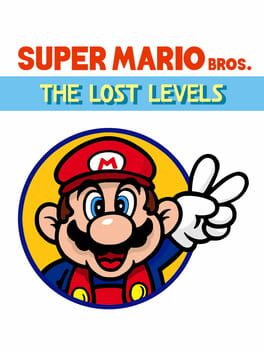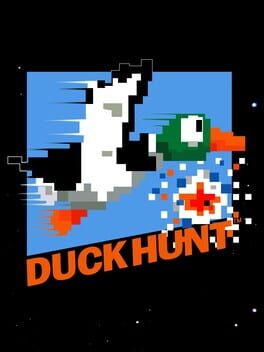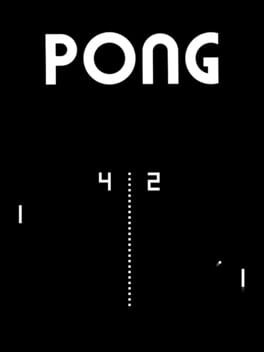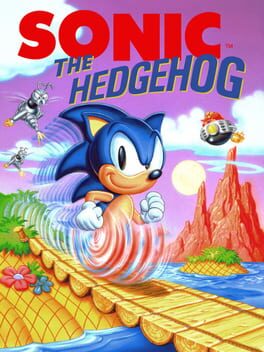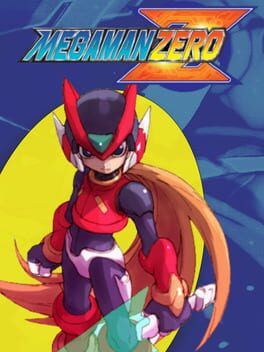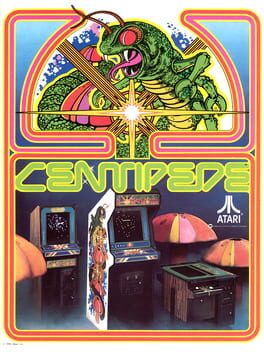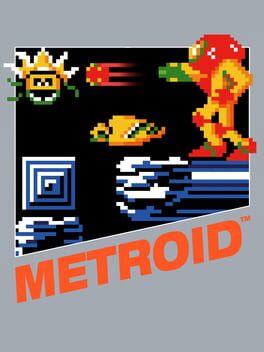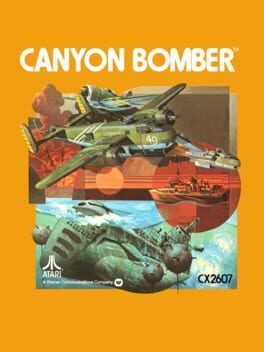Chickenzes
1993
1982
2002
1982
Attempting to seriously review every game I've played #7:
2 years late and barely recognizable, Pac-Man hit the Atari 2600, a system which it probably never should've touched. The attempt is admirable, but the VCS was clearly showing its age by 1982, and it was not suited to ports of the games that were popular in arcades. At the time this was pretty much the closest you could get to Pac-Man at home, but just a year later the Intellivision got its own port of the game, which is much more arcade accurate, and even the cancelled Coleco port holds up better.
This game is semi-often cited as one of the causes of the crash of 1983, and while it's far from the worst 2600 game on the market at the time, it's an easy one to pick on. The 2600 simply was not good enough at this point to handle the types of games that it was being tasked with, and if a console that was already 5 years old was propping up the entire North American video game market, it's not hard to see why it would crash.
I've focused a lot on this game's historical context, and not very much on the game itself, and that's because there really isn't much to say. Everything about this game feels like a weird bootleg version of itself both mechanically and visually. The maze is heavily simplified even compared to the original game, the ghost AI is less interesting, and it's just generally much easier.
Unless you have a strong desire to, don't play this version. The arcade version is available on pretty much every system nowadays anyway, while the only way to play this port legally is on the original hardware.
2 years late and barely recognizable, Pac-Man hit the Atari 2600, a system which it probably never should've touched. The attempt is admirable, but the VCS was clearly showing its age by 1982, and it was not suited to ports of the games that were popular in arcades. At the time this was pretty much the closest you could get to Pac-Man at home, but just a year later the Intellivision got its own port of the game, which is much more arcade accurate, and even the cancelled Coleco port holds up better.
This game is semi-often cited as one of the causes of the crash of 1983, and while it's far from the worst 2600 game on the market at the time, it's an easy one to pick on. The 2600 simply was not good enough at this point to handle the types of games that it was being tasked with, and if a console that was already 5 years old was propping up the entire North American video game market, it's not hard to see why it would crash.
I've focused a lot on this game's historical context, and not very much on the game itself, and that's because there really isn't much to say. Everything about this game feels like a weird bootleg version of itself both mechanically and visually. The maze is heavily simplified even compared to the original game, the ghost AI is less interesting, and it's just generally much easier.
Unless you have a strong desire to, don't play this version. The arcade version is available on pretty much every system nowadays anyway, while the only way to play this port legally is on the original hardware.
I haven't touched Akira's route yet at the time of writing, so my feelings may change with time, but man this game is good. It's by no means perfect (we'll get to that), and I do wish it hadn't completely done away with the post-apocalyptic setting of the previous two games, but if what you're after is just straight dungeon crawling without any filler*, then this is the game for you. There are tons of quality of life changes made from SMT2 that make the game a lot better to play, the soundtrack just takes all the compositions that worked and adds to them, and in general this feels like the devs taking what they learnt and building upon it.
All that being said, this game has one absolutely MASSIVE flaw, which is the Domain of Sloth. This dungeon is one of the absolute worst pieces of game design I've ever seen, and almost singlehandedly killed my motivation for the game. When I give this game 4 stars, I am choosing to mostly overlook this dungeon, because it's so bad that I don't even feel like it's fair to count it, especially when the rest of the game is as good as it is. If you haven't played the game before you might be thinking "oh it can't possibly be that bad", but trust me it is. The Domain of Sloth forces you to grind, but not just in the sense of needing to level up more to overcome a tough difficulty spike, no this dungeon literally locks progression behind walking back and forth for several hours. In any game this would be bad enough on its own, but one of the core mechanics of this game is that there are multiple distinct routes with unique content, and 3/4 of them visit the Domain of Sloth. So this dungeon isn't just badly designed, it goes against the design of the rest of the game.
Overall though, this game really is quite good. The Domain of Sloth may kill it for some, but I do feel like beyond that there's still a great game to be had.
All that being said, this game has one absolutely MASSIVE flaw, which is the Domain of Sloth. This dungeon is one of the absolute worst pieces of game design I've ever seen, and almost singlehandedly killed my motivation for the game. When I give this game 4 stars, I am choosing to mostly overlook this dungeon, because it's so bad that I don't even feel like it's fair to count it, especially when the rest of the game is as good as it is. If you haven't played the game before you might be thinking "oh it can't possibly be that bad", but trust me it is. The Domain of Sloth forces you to grind, but not just in the sense of needing to level up more to overcome a tough difficulty spike, no this dungeon literally locks progression behind walking back and forth for several hours. In any game this would be bad enough on its own, but one of the core mechanics of this game is that there are multiple distinct routes with unique content, and 3/4 of them visit the Domain of Sloth. So this dungeon isn't just badly designed, it goes against the design of the rest of the game.
Overall though, this game really is quite good. The Domain of Sloth may kill it for some, but I do feel like beyond that there's still a great game to be had.
1985
Attempting to seriously review every game I've played #3:
This game certainly earns its reputation of being incredibly difficult, but I honestly don't hate it? Sure, it's very hard, and very troll-y, but I never really found unfair, at least no less fair than the first game. Playing this game immediately after exhausting SMB1 also helps, since this was always intended to be essentially just more levels for people who had played the original game to death. The trolls are mostly just funny to me, and none of them actually permanently screw you over. Continues are no longer locked behind an easter egg, and there's an easy spot to do the 1-up trick on the first screen of the first level, so you're never going to be pressed for lives.
The graphical changes are very welcome and I'd be hard pressed to find a single sprite from SMB1 I like more than 2. It's a shame they didn't make use of the Disk System's extra sound channel to expand upon the music from the first game, but the soundtrack is so iconic that I really couldn't imagine it being different.
Another criticism I've seen leveled against this game is the choice to lock the extra worlds behind beating the game 8 times, and I really don't feel like that's a problem. These games were built for replays, and I genuinely think that they get better when you play them like that. Replaying the original game dozens of times to unlock the RetroAchivements for it gave me a much stronger appreciation of it than I ever thought I'd have. Plus, they are extra worlds, they're meant as a neat bonus for players who've mastered the base game.
I can understand disliking this game, but as someone who really appreciates the higher difficulty and improved graphics, I honestly like this more than SMB1.
This game certainly earns its reputation of being incredibly difficult, but I honestly don't hate it? Sure, it's very hard, and very troll-y, but I never really found unfair, at least no less fair than the first game. Playing this game immediately after exhausting SMB1 also helps, since this was always intended to be essentially just more levels for people who had played the original game to death. The trolls are mostly just funny to me, and none of them actually permanently screw you over. Continues are no longer locked behind an easter egg, and there's an easy spot to do the 1-up trick on the first screen of the first level, so you're never going to be pressed for lives.
The graphical changes are very welcome and I'd be hard pressed to find a single sprite from SMB1 I like more than 2. It's a shame they didn't make use of the Disk System's extra sound channel to expand upon the music from the first game, but the soundtrack is so iconic that I really couldn't imagine it being different.
Another criticism I've seen leveled against this game is the choice to lock the extra worlds behind beating the game 8 times, and I really don't feel like that's a problem. These games were built for replays, and I genuinely think that they get better when you play them like that. Replaying the original game dozens of times to unlock the RetroAchivements for it gave me a much stronger appreciation of it than I ever thought I'd have. Plus, they are extra worlds, they're meant as a neat bonus for players who've mastered the base game.
I can understand disliking this game, but as someone who really appreciates the higher difficulty and improved graphics, I honestly like this more than SMB1.
1984
1972
Attempting to seriously rate/review every single game I've played - Day 2:
Pong is a game whose claims to fame are mostly dubious nowadays. It's far from the first video game, heck it wasn't even Atari's first game. It wasn't the first coin-operated video game, being beaten out by both Galaxy Game and Bushnell's previous game, Computer Space, and Tennis for Two even predates it as a tennis game. That being said, it would be foolish to suggest that Pong is irrelevant to the history of video games.
For the time, Pong is actually surprisingly innovative. The way the ball interacts with the paddles is quite intuitive, and the sound design, while simple, evokes the sound of ping-pong effectively, and all of this on basic transistor-built logic. Its simplicity is also to Pong's credit; while many other early video games can be overly complex due to trying to do things the hardware of the time simply wasn't equipped to handle, Pong is something that anyone can immediately understand.
One thing Pong can absolutely lay claim to is being the first video game of any real notoriety. While previous games were seen mainly as novelties, Pong helped to cement that games were something people could keep coming back to, and even established the home video game market with the number of unofficial home ports it received. It propelled Atari to success, and it's arguable that without them, video games as we know them wouldn't exist.
You might notice that despite waffling on about this, I still only gave this game a single star, and that's not because I think it's bad. Mainly, this is just a consequence of how I rate games, while Pong is incredibly important and well made, it simply doesn't have many of the things I personally come to video games for. Despite its importance, the game is very much a relic of a bygone age, and modern players are likely to come away with the reaction of "well that was neat", and then move on after 5 minutes. It's like early cinema: there are aspects to appreciate, and its impact is undeniable, but it's also just going to be inaccessible to a modern audience.
Pong is a game whose claims to fame are mostly dubious nowadays. It's far from the first video game, heck it wasn't even Atari's first game. It wasn't the first coin-operated video game, being beaten out by both Galaxy Game and Bushnell's previous game, Computer Space, and Tennis for Two even predates it as a tennis game. That being said, it would be foolish to suggest that Pong is irrelevant to the history of video games.
For the time, Pong is actually surprisingly innovative. The way the ball interacts with the paddles is quite intuitive, and the sound design, while simple, evokes the sound of ping-pong effectively, and all of this on basic transistor-built logic. Its simplicity is also to Pong's credit; while many other early video games can be overly complex due to trying to do things the hardware of the time simply wasn't equipped to handle, Pong is something that anyone can immediately understand.
One thing Pong can absolutely lay claim to is being the first video game of any real notoriety. While previous games were seen mainly as novelties, Pong helped to cement that games were something people could keep coming back to, and even established the home video game market with the number of unofficial home ports it received. It propelled Atari to success, and it's arguable that without them, video games as we know them wouldn't exist.
You might notice that despite waffling on about this, I still only gave this game a single star, and that's not because I think it's bad. Mainly, this is just a consequence of how I rate games, while Pong is incredibly important and well made, it simply doesn't have many of the things I personally come to video games for. Despite its importance, the game is very much a relic of a bygone age, and modern players are likely to come away with the reaction of "well that was neat", and then move on after 5 minutes. It's like early cinema: there are aspects to appreciate, and its impact is undeniable, but it's also just going to be inaccessible to a modern audience.
1991
2002
I wish I could rate this game more highly. I played this via the Zero/ZX Legacy Collection, and I used the save-assist option, call me a pleb if you like but I thought the game offered plenty of challenge even with the save-assists turned on. For the most part this game is really tightly designed, but the first of the two biggest complaints I have with it is the fact that boss cutscenes play every single time you attempt them, and if you're someone like me who needs to practice a boss several times to get past it, then trust me when I say this gets annoying fast, especially in the final boss. The second complaint is the cyber elves. I get what they were going for here, by giving players an option to make the game easier while requiring you not to use that crutch if you want to get a higher score, but so much of the game's mechanics revolves around them that everything besides health pickups loses all meaning if you aren't using them. What I think would've been a much better option would be to leave the elves that restore health or provide temporary buffs as-is, and make the ones that increase your health and provide other permanent upgrades not reduce your score or need you to murder in-universe sentient creatures, y'know just have the upgrades hidden in the levels like in the X games. If you still wanted to encourage players to try not using them, then you could just lock hard mode or Jackson behind it. Overall this game is good, but I feel like it could be better.
1981
1986
1979
